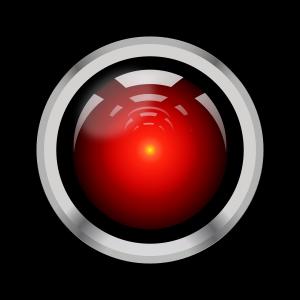Durham Police to use artificial intelligence to make custody decisions
 Police in Durham are about to start using an artificial intelligence (AI) system to help officers decide whether or not to keep a suspect in custody.
Police in Durham are about to start using an artificial intelligence (AI) system to help officers decide whether or not to keep a suspect in custody.
The system, called Hart, has shown to be 98 per cent accurate in tests, but some experts are warning it could skew decisions.
The BBC reports how officers are preparing to go live with the Harm Assessment Risk Tool, which uses data taken from Durham police records between 2008 and 2012. It was tested in 2013 but has not yet been used in real police situations.
Hart classifies suspects at a low, medium or high risk of offending and, those involved with the tool’s development say, could be used in various cases, such as whether to keep a suspect in custody or whether to release them on bail.
During its trial the AI was shown to be broadly successful. Forecasts that a suspect was low risk were accurate 98 per cent of the time and forecasts that a suspect was high risk were accurate 88 per cent of the time.
Sheena Urwin, head of criminal justice at Durham Constabulary, told the BBC: “I imagine in the next two to three months we'll probably make it a live tool to support officers' decision-making.”
But there are concerns that algorithms cannot be completely relied upon. Last year an investigation into a system used by authorities in the US, designed to predict the chances of an arrestee committing a future crime, suggested it amplified racial biases.
The Hart system includes some data beyond a suspect’s offending history, including their postcode and gender.
Ms Urwin said there are known limitations to Hart, including that it doesn’t have access to the police national computer, meaning it would not be able to make an accurate prediction on someone arrested outside Durham’s jurisdiction.
Helen Ryan, head of law at the University of Winchester, told the BBC this was a “problem”, but added: "I think it's actually a very positive development. I think, potentially, machines can be far more accurate - given the right data - than humans."







